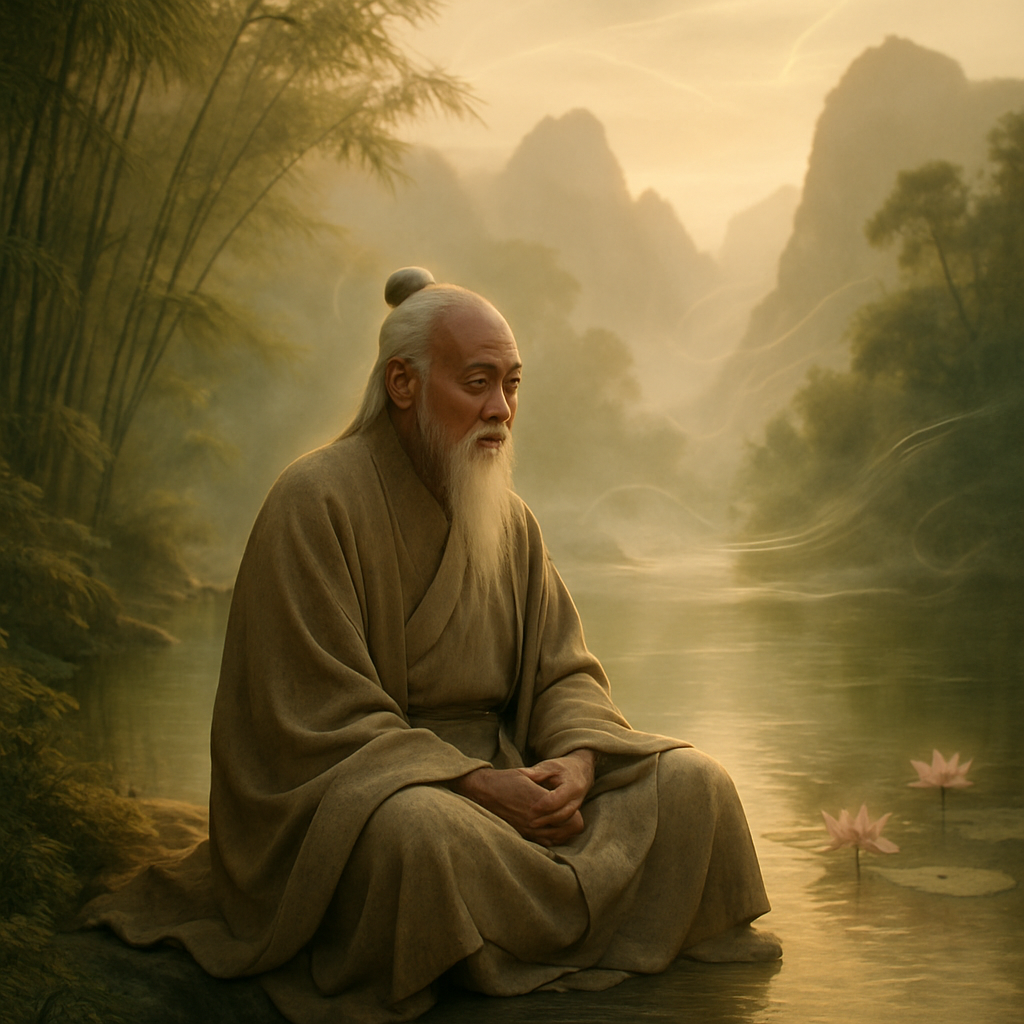Unlocking the Secrets of Taoism: A Journey Through Chinese Culture
By Lukas Thiele • May 26, 2025
Introduction
Taoism, an ancient Chinese philosophy and spiritual tradition, offers profound insights into living harmoniously with the universe. Rooted in the teachings of Laozi and the Tao Te Ching, Taoism emphasizes simplicity, humility, and the interconnectedness of all things. As we embark on this journey through Chinese culture, we will unlock the secrets of Taoism and explore how its principles continue to shape lives and societies.

The Origins of Taoism
Taoism traces its origins to the 6th century BCE with the sage Laozi, whose teachings are encapsulated in the Tao Te Ching. This foundational text introduces the concept of 'Tao' or 'The Way,' an indefinable force that flows through all life. In ancient China, Taoism emerged as a counterbalance to Confucianism, offering a more mystical approach to understanding existence. By embracing the Tao, followers sought to align themselves with the natural world, achieving balance and inner peace.
Taoism's Influence on Chinese Culture
Throughout history, Taoism has profoundly influenced Chinese culture, from art and literature to medicine and politics. Taoist thought encourages harmony with nature, which is vividly reflected in Chinese landscape paintings and poetry. Furthermore, traditional Chinese medicine, with its focus on balance and holistic health, draws heavily from Taoist principles. In governance, Taoist ideas have inspired leaders to adopt policies that prioritize simplicity and humility, fostering a more equitable society.
Taoism in Modern Life
